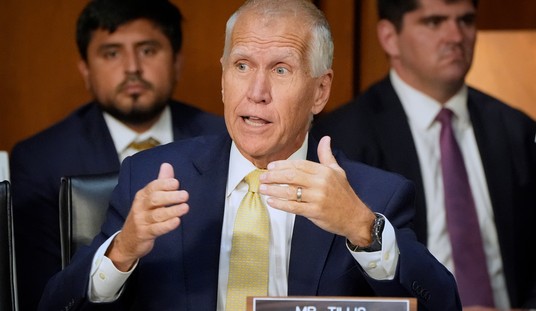No one wants to think of themselves as a hypocrite. The desire to avoid hypocrisy has led many to lower their standards of behavior to a level which enables them to meet that standard. If I say monogamy is unnatural for a human male, I can’t be called a hypocrite for sleeping around.
But is that really how hypocrisy works? Not according to Matt Walsh. Speaking on the topic of pornography on a recent episode of his podcast, Walsh points us in the right direction.
What do you think the definition of hypocrisy is?
I bet — a lot of people would say, “Saying one thing and doing another is the definition of hypocrisy.” But it’s not. That’s not the definition.
If you think that’s the definition, then you will think therefore that, if you do a bad thing, you should not say it’s bad, because then you’ll be hypocritical. Wrong. That’s not hypocritical. You know what that is? That’s honest. That’s the opposite of hypocrisy.
Hypocrites are those who claim to believe what they do not believe. And just because your actions don’t always line up with what you say, that doesn’t mean you don’t believe what you say, it just means that you’re weak. And we all are [weak].
Walsh offers the provocative assertion that those who claim pornography is harmless are the real hypocrites, not those who recognize its harm and nonetheless succumb to temptation. His correction of this common misconception has profound applications in our social discourse.
Think of the family-values conservative politician, or the Christian pastor, or anyone in a similar position who has advocated for certain values only to be caught in a contrary act. They’ll commonly be called a hypocrite, and their expressed values will be mocked as impractical. But if we accept Walsh’s definition of hypocrisy, the merit of the value is not dependent upon its consistent practice. In fact, acting contrary to one’s expressed values often demonstrates the merit of those values. The contrite adulterer who suffers the consequences of his sin and repents has seen the value of fidelity affirmed. He’s only a hypocrite if he never believed in fidelity to begin with.
From this we can derive a rule of thumb. If you’re worried about being a hypocrite, then you’re probably not one. Being a hypocrite isn’t something you fall into. It’s a conscientious decision. It’s an act. It’s going out and presenting a belief that you do not genuinely hold, not merely falling short of that belief.









Join the conversation as a VIP Member